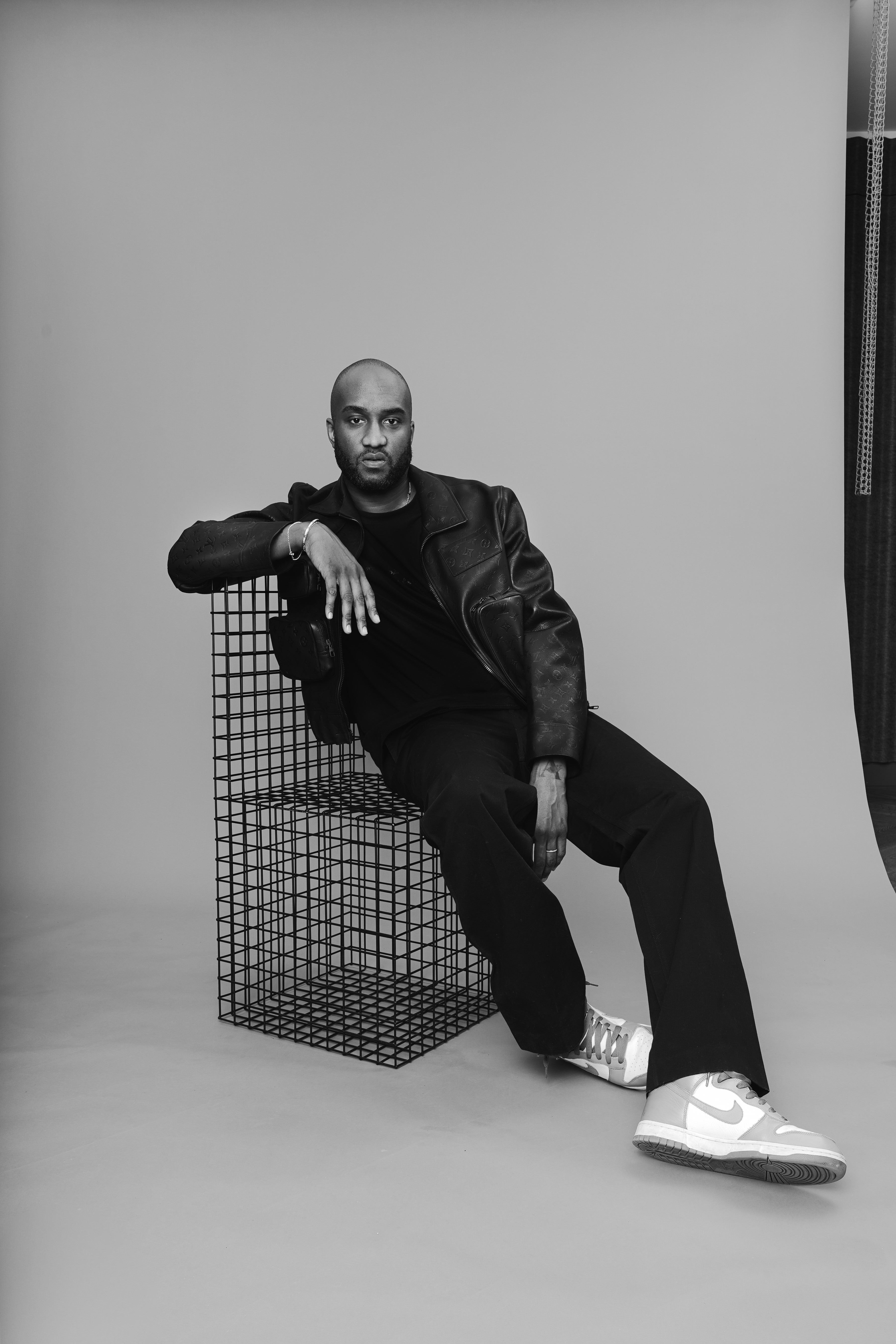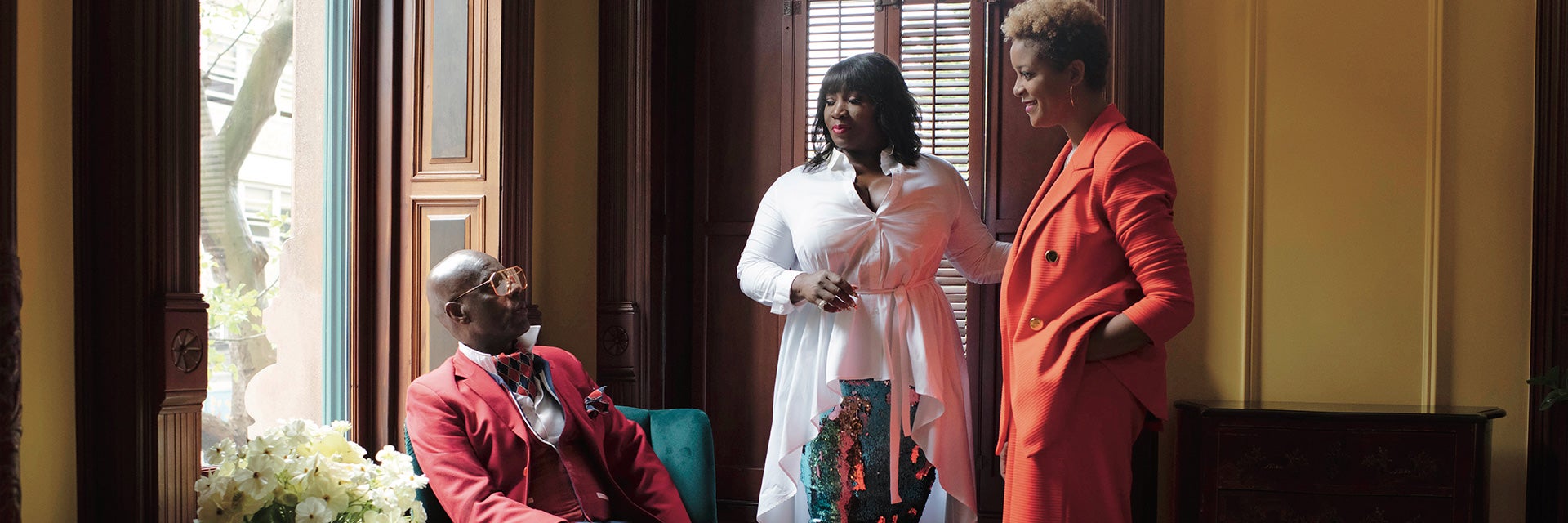Black designers aren’t just having a moment—it’s more like they’ve started a fashion movement. How else would you describe the history-making Fenty Maison launch by Rihanna, the first woman to start a new brand with luxury house LVMH, or the Pyer Moss founder’s soul-stirring mission to challenge social narratives through his work? Today our creatives are getting their collections seen—and, more important, sold—and the industry finally seems to be opening more doors.
Despite these victories, however, the struggle is still real for Black-owned brands. Limited funding, lack of exposure and distribution roadblocks make it tough to stay afloat. Harlem’s Fashion Row founder and CEO Brandice Daniel has decided to change that. Connecting burgeoning brands with fashion insiders for more than ten years, she spearheaded the second drop of Nike’s Black female–designed HFR x LeBron 16 shoe in May.
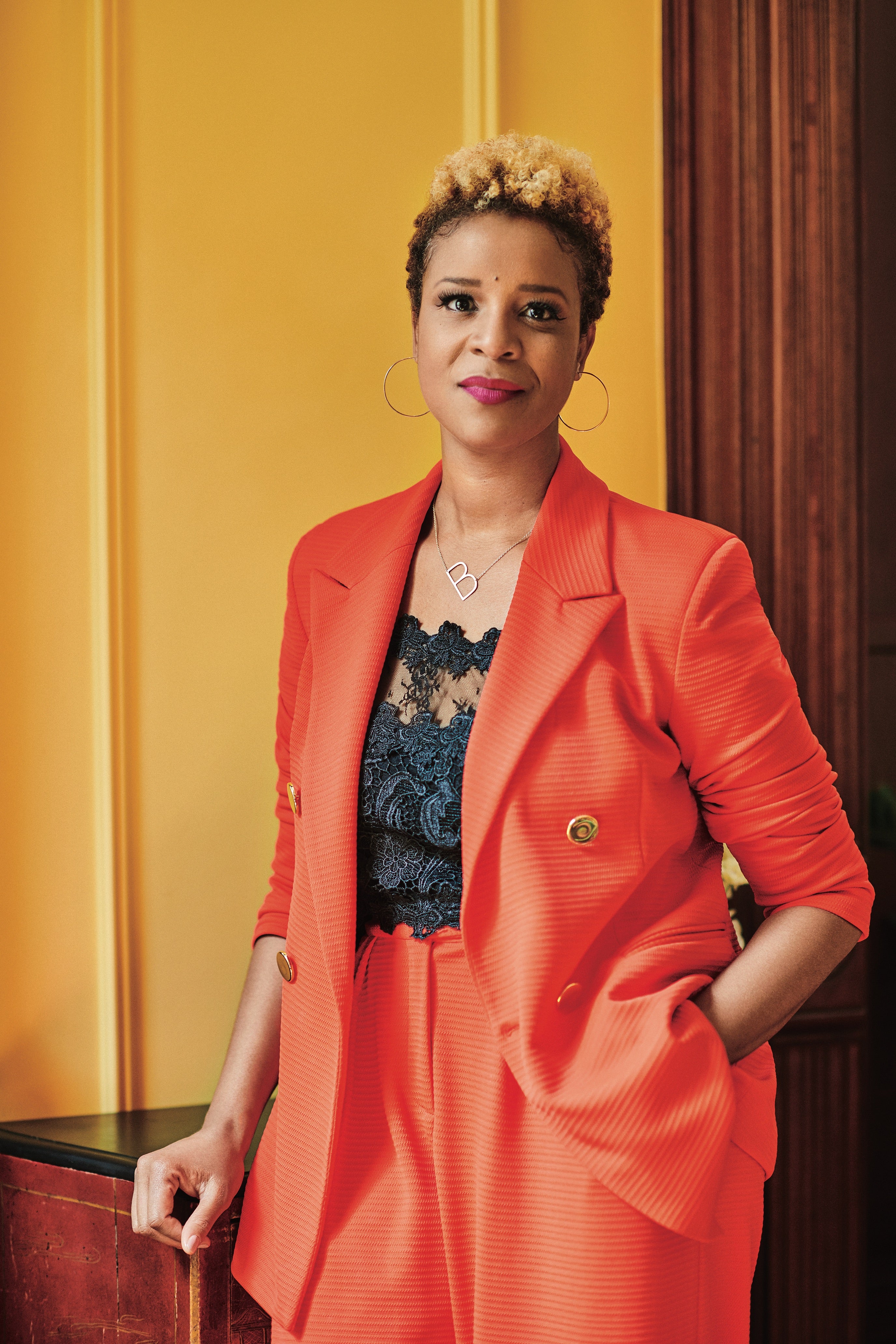
Other Black influencers are also provoking change. Television and radio host Bevy Smith initiated her own campaign to support more designers of color, culminating in an epic all-Black-everything Met Gala moment with Dapper Dan, the Harlem legend turned Gucci partner who was once shunned for his custom “knockups.” Following the pair’s Met Gala debut, Daniel sat with them to reflect on the state of Black fashion and how to win at building a brand.
Check out our interview with the trio below, which appears in our July/August issue and click here for their panel discussion at the inaugural ESSENCE Fashion house during this year’s ESSENCE Festival.
BRANDICE DANIEL: Dap, you’re a maverick who carved out your own lane in this industry. What advice would you give to emerging designers?
DAPPER DAN: Arm yourself with the technology to bring your ideas to life. When I first partnered with Gucci, I spent time in Milan and Florence immersing myself in 3-D printing. Stay on top of what’s happening.
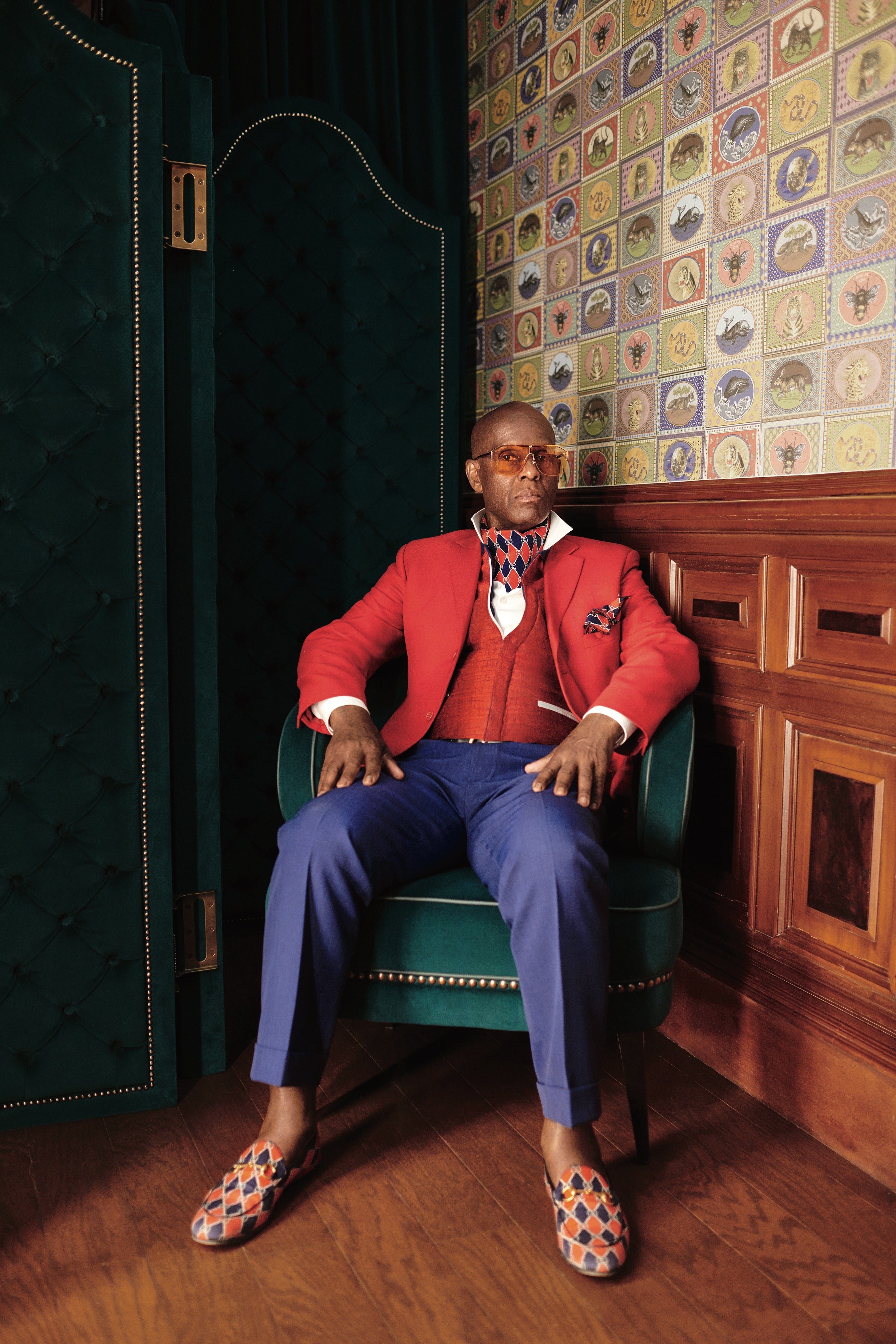
DANIEL: How can our up-and-comers use social platforms and e-commerce to build their brands?
BEVY SMITH: Back in the day, brands hired publicists to get their name out there. That’s no longer needed. Designers can put their product on Instagram and promote it themselves.
DAPPER DAN: What I love most about social media is the chance to generate excitement. I found success because I’ve always understood that.
DANIEL: What else should they do to grow their companies?
SMITH: People think fashion is just about clothes, but this is a “If it don’t make dollars, it don’t make sense” kind of industry. Yves Saint Laurent had Bergé; Marc Jacobs had Robert Duffy. Find a businessman to front your house. Most designers have an understanding of art, but they don’t understand the commerce side. The key to success is mastering both.
DANIEL: What do you say to creatives of color who are struggling to find retail support?
SMITH: I don’t know that it’s advan-tageous for small brands to be in big retailers, because of buybacks and such. There’s a cost to enter, and sometimes that cost is prohibitive for us. We have to look at different ways to move our merch. Dapper Dan had a thriving business for more than a decade by selling directly to the consumer with no advertising except word of mouth.
DANIEL: How can Hollywood play a role in supporting our designers?
SMITH: We need to make sure that the purveyors of taste wear our brands. Issa Rae wore all Black designers to the CFDA Awards. Tracee Ellis Ross did the same thing at the AMAs. Pop culture fuels what the masses do. We need people on the inside to bring us in.
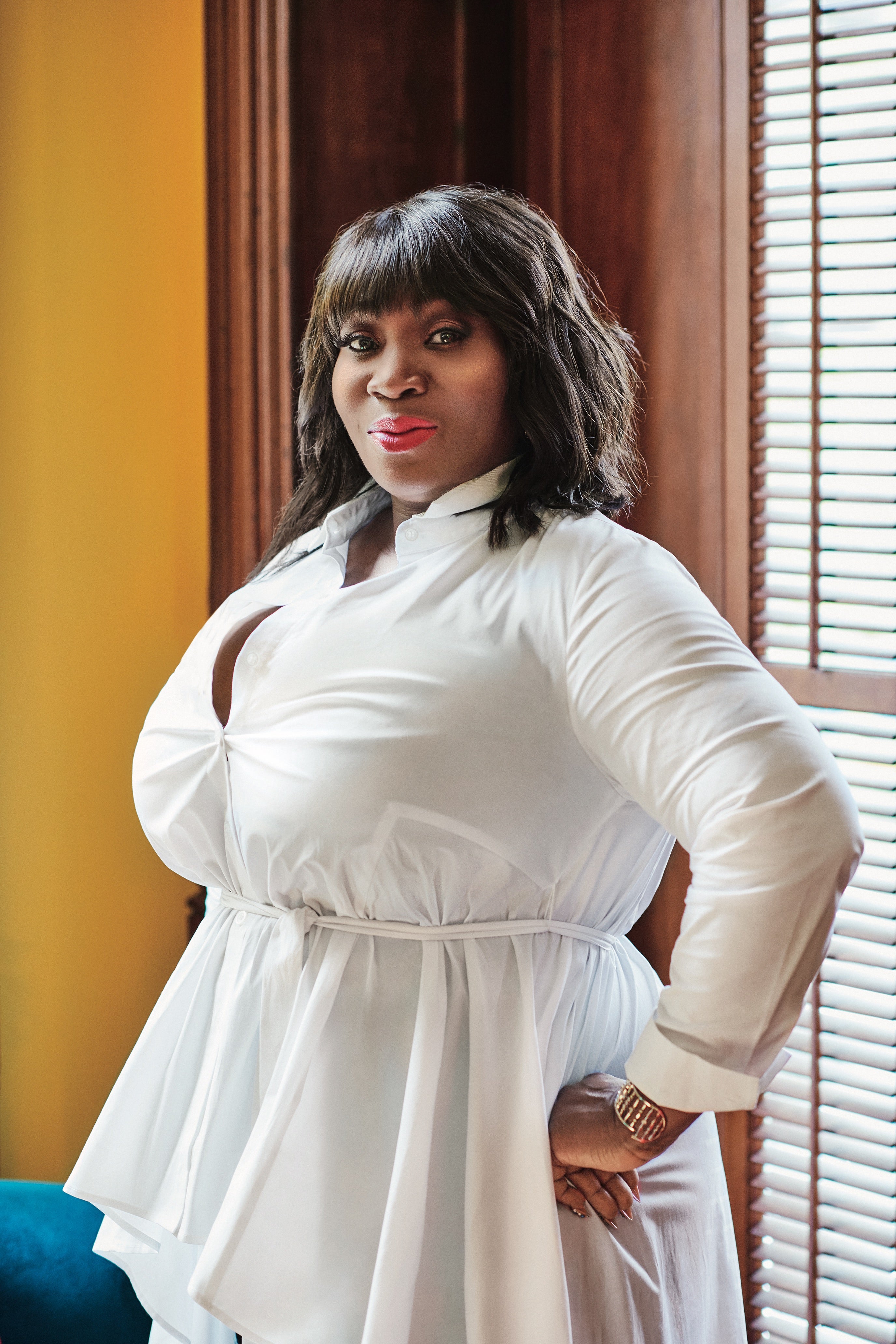
DANIEL: What concerns you most about what’s happening now with Black designers?
DAPPER DAN: We have all these talents and no platform for them. Today’s Black designers should study the mistakes of the past or they will be doomed to repeat them. In the nineties there was an explosion of Black brands that came out and then crashed. The European companies woke up to that power and usurped it.
SMITH: I love that moment in time when Enyce, FUBU, Rocawear and Sean John were so popular. I do think race plays a role in it. When you look at scaling a business, there are definitely barriers to entry. But it’s a new day, and we have a lot more access. One of the best things that happened to me with the European fashion brands having those racist mishaps is that it got me thinking about the way we look at prestige in our own communities. For so long we’ve gotten validation by wearing European labels, but why not give that attention to a small Black designer who can create something custom instead?
DAPPER DAN: We must establish our relationship with these global brands and kick in the doors so that we can make a difference. Once we get in, we can see how things work on a global scale. We built this fashion thing, so let us in, let us see how this thing works.
THE NEW GUARD
Check out the next generation of Black fashion creatives who are making their mark.
AURORA JAMES
Her accessories line, Brother Vellies, supports artisans throughout Africa.
(@aurorajames)
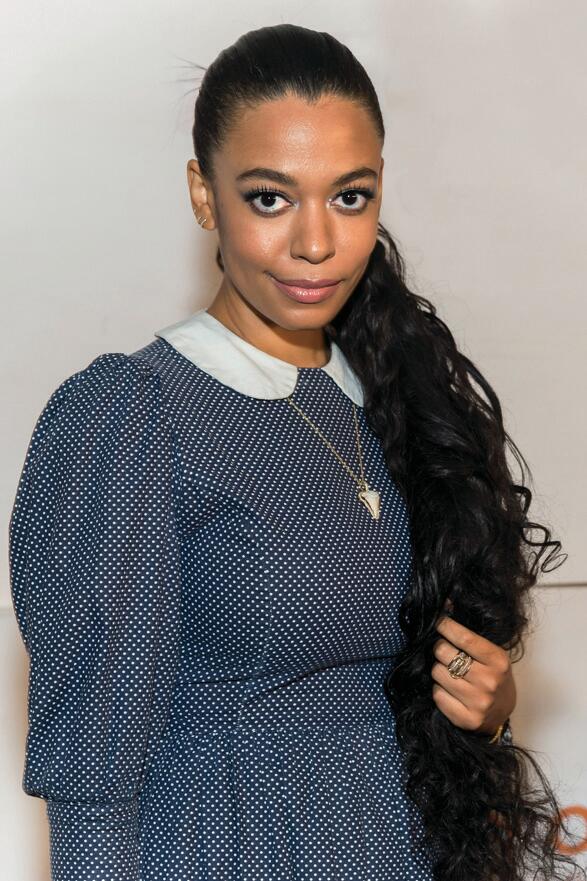
FE NOEL
She’s one of three Black women designers to partner on Nike’s HFR x LeBron 16.
(@feism)
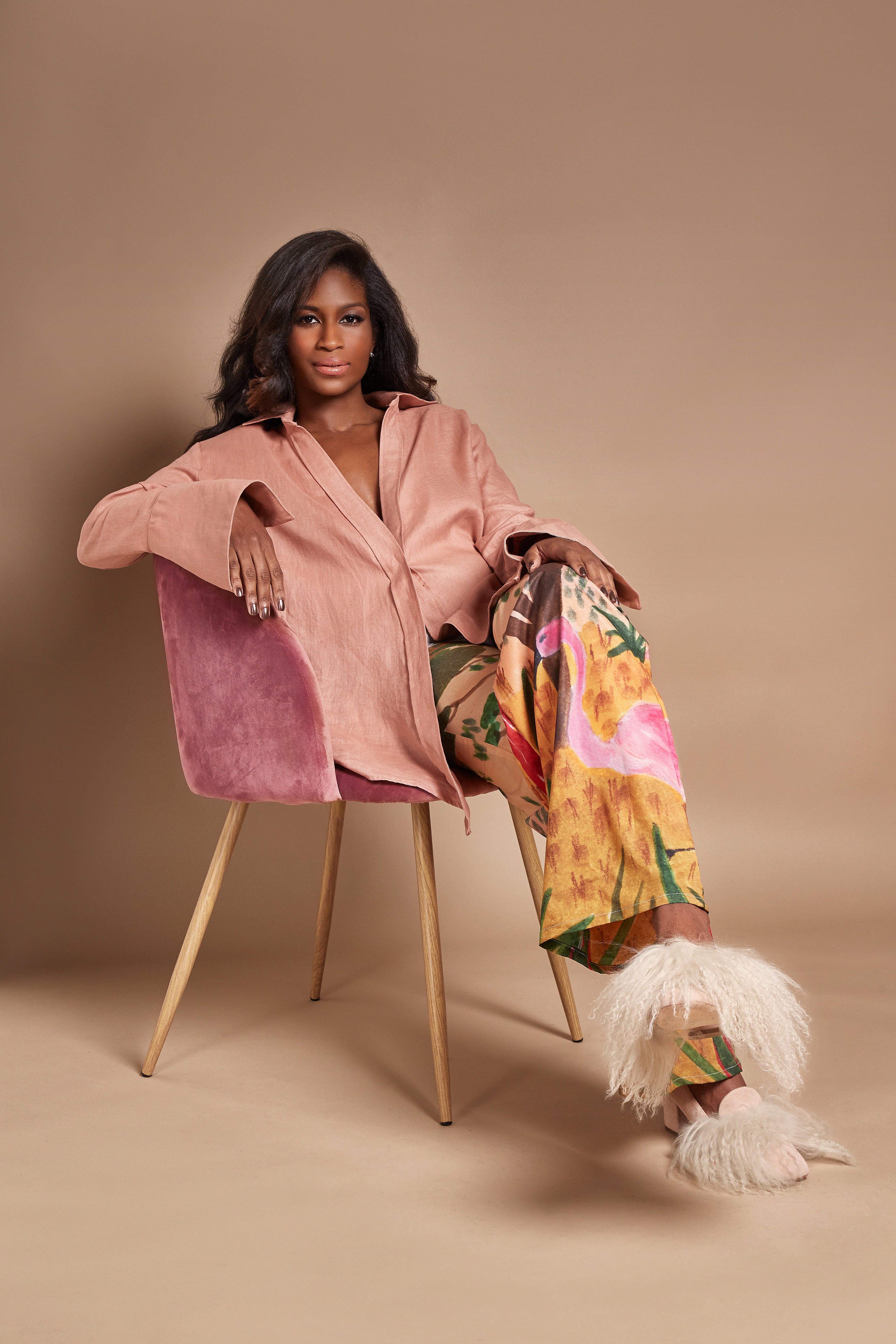
KERBY JEAN-RAYMOND
The Pyer Moss founder uses his designs to generate social commentary.
(@kerbito)
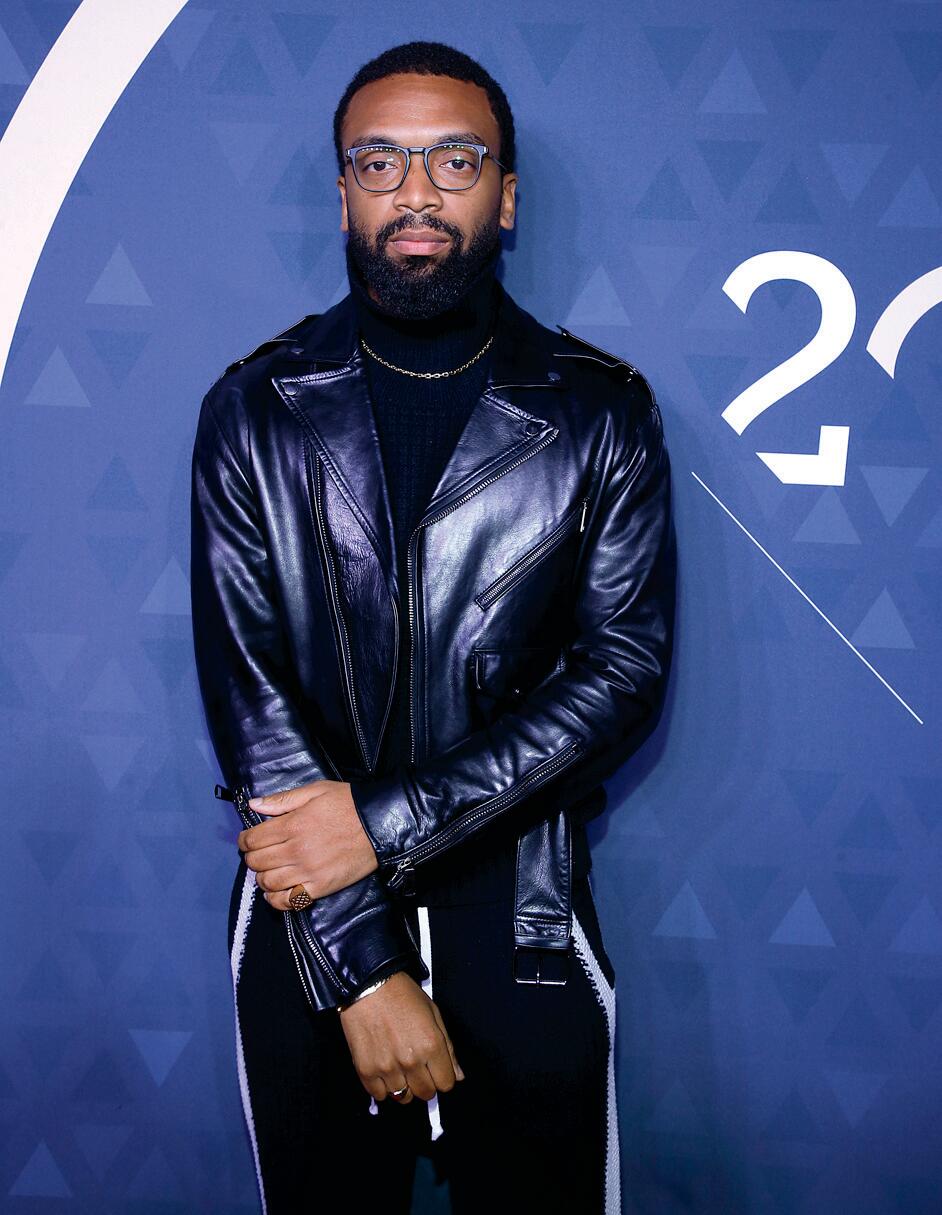
VIRGIL ABLOH
Louis Vuitton’s menswear artistic director is also the founder of the cult brand Off-White c/o Virgil Abloh.
(@virgilabloh)
